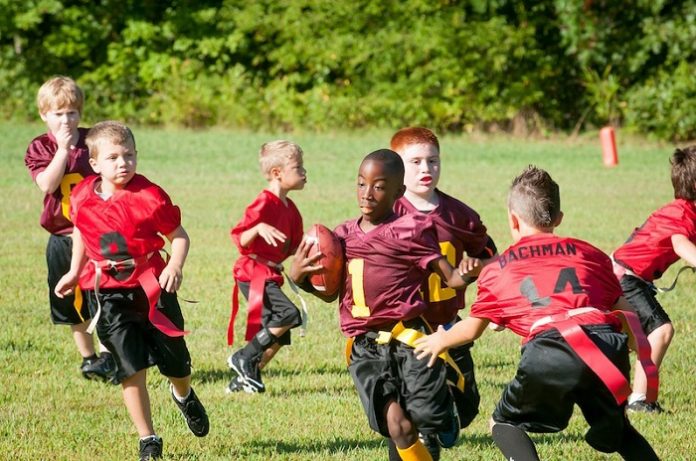
When I was in elementary school, I studied very hard to become a top student. Even in the physical education class, I tried my best to win the teacher’s heart.
However, my real joy and happiness were not from the formal curriculum, but from various extra-curricular activities that I took part in.
When I grow up, I realize that many of my important skills, such as observation, communication, and leadership, are developed during these activities.
In a study published in PLoS ONE, researchers confirm my feeling: extra-curricular activities such as sports do play an important role in children’s development.
The study was conducted in Germany, where sports clubs are very popular with children.
Different from the U.S., where youth sports is heavily organized in schools, in Germany most child and youth sports, both for leisure and competition, is organized in clubs.
Researchers analyzed data from two large public datasets to examine the impact of sport activity on physical health, school performance, emotional wellbeing, and social communication skills in children aged 3 to 10 years.
They found that children who participated in sports clubs were stronger, had a higher overall grade, less emotional problems, and fewer peer problems.
Furthermore, these effects were robust when researchers controlled family income, mom’s education degree, and local employment rate.
Researchers also found that the sport impact was modulated by sex and age.
In boys, sports could improve physical health and reduce behavioral problems and peer problems; in girls, however, sports mainly improved physical health, increased overall grade, and reduced emotional problems, peer problems, and antisocial behavior.
In young children (3-6 years), sports activities mainly improved physical health; in old children (7-10 years), however, sports could improve both physical and emotional health.
These results suggest that extra-curricular sports activities are good for children’s development.
In the future, researchers will focus on the long-term impact of sports on adolescents and young adults.
Copyright © 2018 Knowridge Science Report. All rights reserved.



